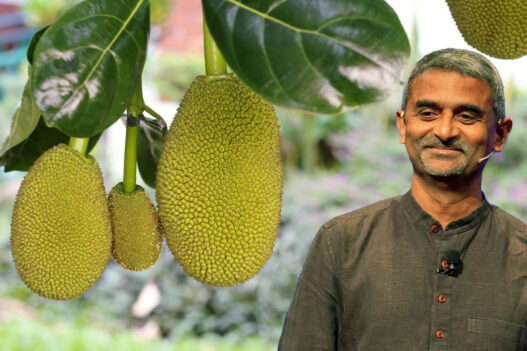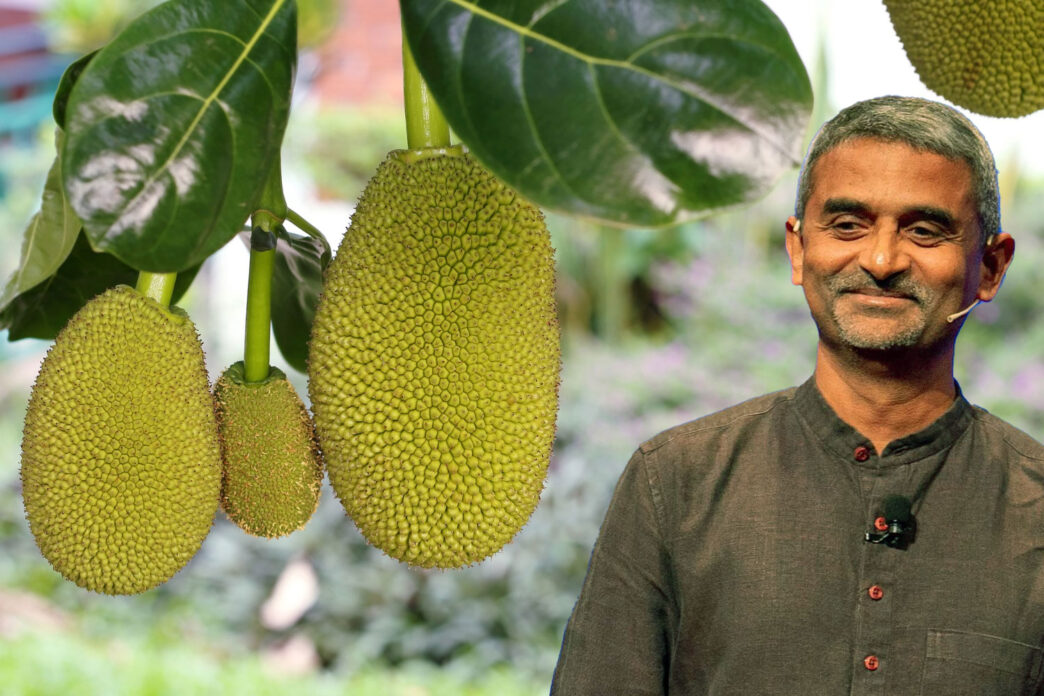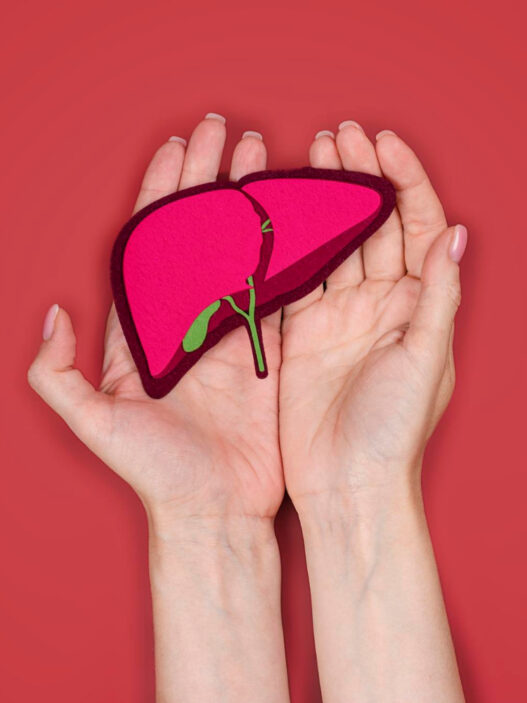When you think of jackfruit, it’s rarely in the context of nutritional science. Yet that’s exactly where James Joseph, a former Microsoft executive and auto-industry veteran, took it. He founded Jackfruit365 in Kochi, Kerala, after discovering that green jackfruit flour, when added to meals, could significantly reduce blood sugar levels in people with type 2 diabetes.
Joseph invested decades of corporate experience—and tapped into ₹2,000 crore worth of annual jackfruit harvest waste in Kerala—into building a scalable solution. His patented process converts unripe jackfruit pods into green flour rich in soluble fiber, a key for glycemic control.
Science-Backed and Awarded
A randomized, double-blind, placebo-controlled clinical trial—published by the American Diabetes Association—tracked type 2 diabetic subjects who replaced rice or wheat flour with 30 g of Jackfruit365 flour daily. In just 90 days, participants saw meaningful drops in HbA1c, fasting blood glucose, and postprandial glucose levels.
One user, Dr. Oommen V. Oommen, an emeritus professor at Kerala University, shared with Business Standard that his HbA1c dropped from 8.3 to 7.0 within two months, cutting his insulin dose by half.
In October 2020, Jackfruit365 won the National Startup Award in the Food Processing category—recognizing innovation rooted in local biodiversity and public health impact.
Growth, Demand, and Scale
When demand surged, Jackfruit365’s Amazon sales skyrocketed—becoming the third-best-selling grocery item on the platform behind Maggi and Tata Salt. The business crossed ₹1 crore in monthly sales on Amazon alone, with over 500,000 customers, according to ThePrint.
Distribution has expanded beyond e-commerce. Nearly 1,200 grocery and pharmacy stores across South India have stocked Jackfruit365. Still, production was lagging—processing capacity of around 1,500 fruits per day (about 15 tonnes) had to be scaled to 60 tonnes a day to meet demand.
Innovation Behind the Scenes
Joseph didn’t just package jackfruit—he built the machinery. Handling unripe jackfruit is notoriously difficult due to its latex and bulk. After global prototypes failed, Joseph designed and patented his own assembly-line mechanized extraction device, unlocking industrial-scale processing.
The Broader Landscape: Others in the Jackfruit Sector
While Jackfruit365 is clearly leading the charge on diabetes-focused processing, the broader jackfruit ecosystem includes regional producers and creative spin-offs:
- Unripe jackfruit is increasingly processed or exported in canned or frozen forms, especially for vegan markets overseas—though these efforts are largely commodity-driven, not clinically oriented.
- Hyderabad-based Bakey’s Foods experimented with jackfruit-based cutlery, and Arva Innovations from Kolkata delivers jackfruit-based straws and plates, but these ventures focus more on waste reduction and novelty than metabolic health.
No startup currently rivals Jackfruit365 in terms of scientific validation, clinical backing, and scale.
Summary Snapshot
| Feature | Jackfruit365 |
|---|---|
| Founder | James Joseph, ex‑Microsoft & 3M |
| Core product | Patented green jackfruit flour |
| Clinical impact | HbA1c, FBG & PPG reduction in 90 days |
| Monthly sales | > ₹1 crore on Amazon |
| Distribution | 1,200+ stores in South India |
| Processing scale | Poised to grow from 15 t to 60 t/day |
| Recognition | National Startup Award 2020 |
Why This Story Matters
This isn’t health food for the sake of health food. It’s a product developed from a deep cultural context—jackfruit, once mostly wasted, transformed into a scientifically backed diabetes therapy. Joseph’s journey from Fortune 500 leadership to social innovation is compelling: he turned corporate insight into rural opportunity. He created machinery, tested rigorously, scaled fast, and built consumer trust.
Jackfruit365 is more than flour—it’s a case study in local ingenuity meeting global health need.
What’s Next?
- Scaling manufacturing will be critical. Meeting demand means increasing output, fine-tuning supply chains, and expanding storage.
- Export opportunities could open in markets with rising diabetes incidence—Saudi, UAE, US—especially through nutraceutical and functional food channels.
- Product line extension—such as mixes for baked goods, or cereal blends—may follow, but health claims must stay anchored in science.
This is a startup that turned a neglected fruit into a possible weapon against a global health crisis. A tech veteran, seeded by necessity and soil, now building a future where every meal could play a role in better blood sugar control.



















